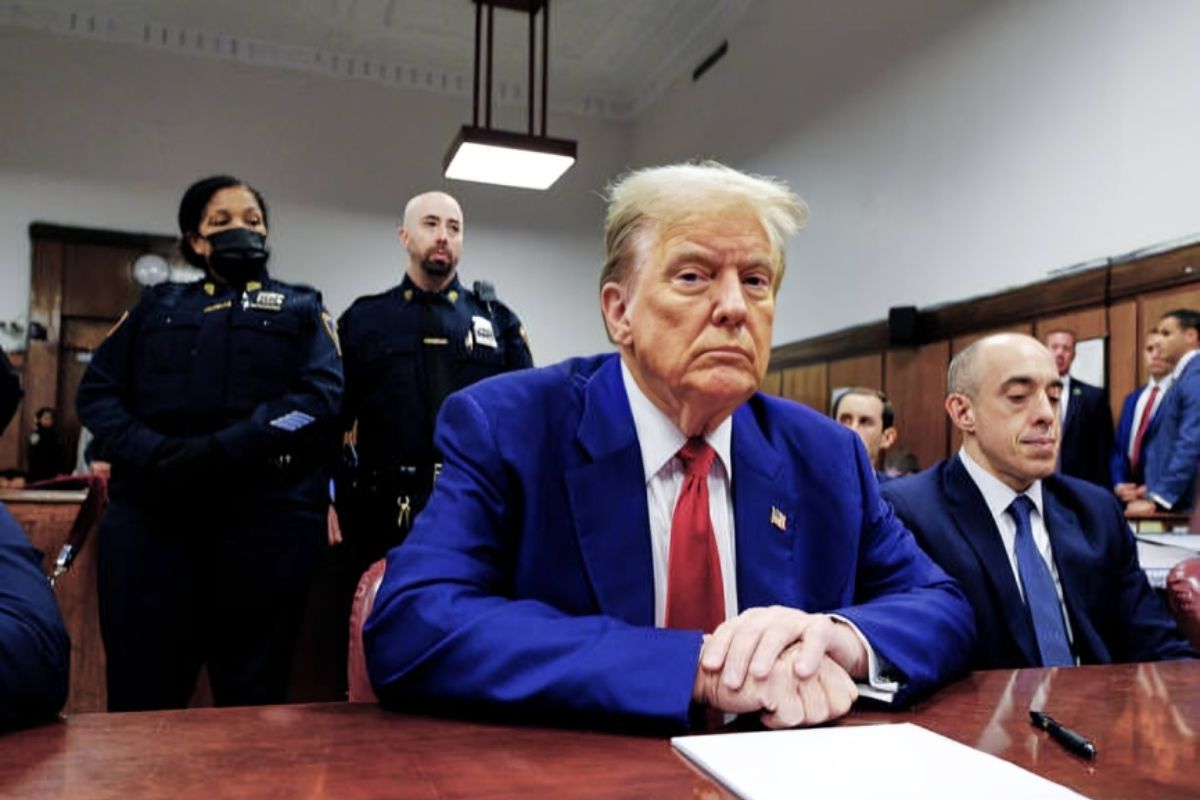Understanding the Gag Order Violations in Trump’s New York Hush Money Case
In recent legal developments surrounding Donald Trump’s ongoing legal battles, particularly the hush money case in New York, the issue of gag order violations has garnered significant attention. This article provides an in-depth analysis of these violations, the legal framework surrounding contempt in New York, and the implications for the former president.
The Genesis of Gag Orders
The trajectory of the gag order violations can be traced back to May 8, 2023, when the court initially issued a protective order prohibiting Trump from divulging any discovery material from the prosecution. Though not explicitly labeled as a gag order, this laid the groundwork for subsequent legal restrictions on Trump’s public statements regarding the case. Subsequent motions filed by the district attorney’s office culminated in the imposition of a formal gag order on March 26, 2024, which barred Trump from commenting on witnesses, prosecutors, and court personnel.
Escalation of Violations
Despite the clarity of the court’s directives, Trump’s actions post-gag order implementation demonstrated a disregard for judicial authority. From sharing social media posts disparaging witnesses to making unsubstantiated claims about jurors, Trump repeatedly flouted the gag order, prompting swift legal action from the district attorney’s office. The escalation of violations, including false statements about the judge’s family and repeated dissemination of contentious media articles, underscored a pattern of non-compliance with judicial mandates.
Legal Implications and Contempt Proceedings
Central to the discourse surrounding the gag order violations are the legal principles governing contempt in New York. Under the judiciary code, contempt entails willful disobedience to a court mandate, including violations of gag orders. The burden of proof rests with the district attorney’s office to establish five key elements, including the existence of a lawful court order, Trump’s knowledge of the order, and his intentional violation thereof. The severity of contempt sanctions, ranging from fines to potential incarceration, underscores the gravity of non-compliance with judicial directives.
Judge Merchan’s Rulings and Future Implications
Judge Merchan’s adjudication of the contempt proceedings against Trump epitomizes the judiciary’s commitment to upholding the sanctity of court orders. Despite constraints imposed by statutory limitations on fines, Merchan underscored the imperative of deterring further violations through punitive measures. The prospect of jail time looms large as a potential consequence for continued non-compliance, signaling the judiciary’s unwavering stance against defiance of court mandates. With impending hearings to address additional violations, the legal saga surrounding Trump’s gag order breaches is far from concluded.
Conclusion
The saga of gag order violations in Trump’s New York hush money case encapsulates the intersection of legal intricacies and the imperative of judicial oversight. Trump’s repeated flouting of court directives, despite admonishments from Judge Merchan, underscores the challenges posed by high-profile defendants in legal proceedings. As the legal saga unfolds, the implications of contempt proceedings extend beyond individual culpability to broader questions of judicial integrity and the sanctity of court orders in safeguarding the administration of justice.
Frequently Asked Questions:
- What is a gag order?A gag order is a legal directive issued by a court that prohibits parties involved in a case from discussing certain aspects of the case publicly.
- What are the consequences of violating a gag order?Violating a gag order can lead to contempt of court charges, which may result in fines or even imprisonment.
- Who adjudicates contempt proceedings in New York?Contempt proceedings in New York are typically adjudicated by the presiding judge overseeing the case.
- Can gag orders be challenged in court?Yes, parties subject to gag orders can challenge them in court by arguing that they violate their First Amendment rights or are overly broad in scope.
-
Are gag orders common in high-profile cases?
Gag orders are relatively common in high-profile cases to ensure a fair trial and prevent the dissemination of prejudicial information to the public.











